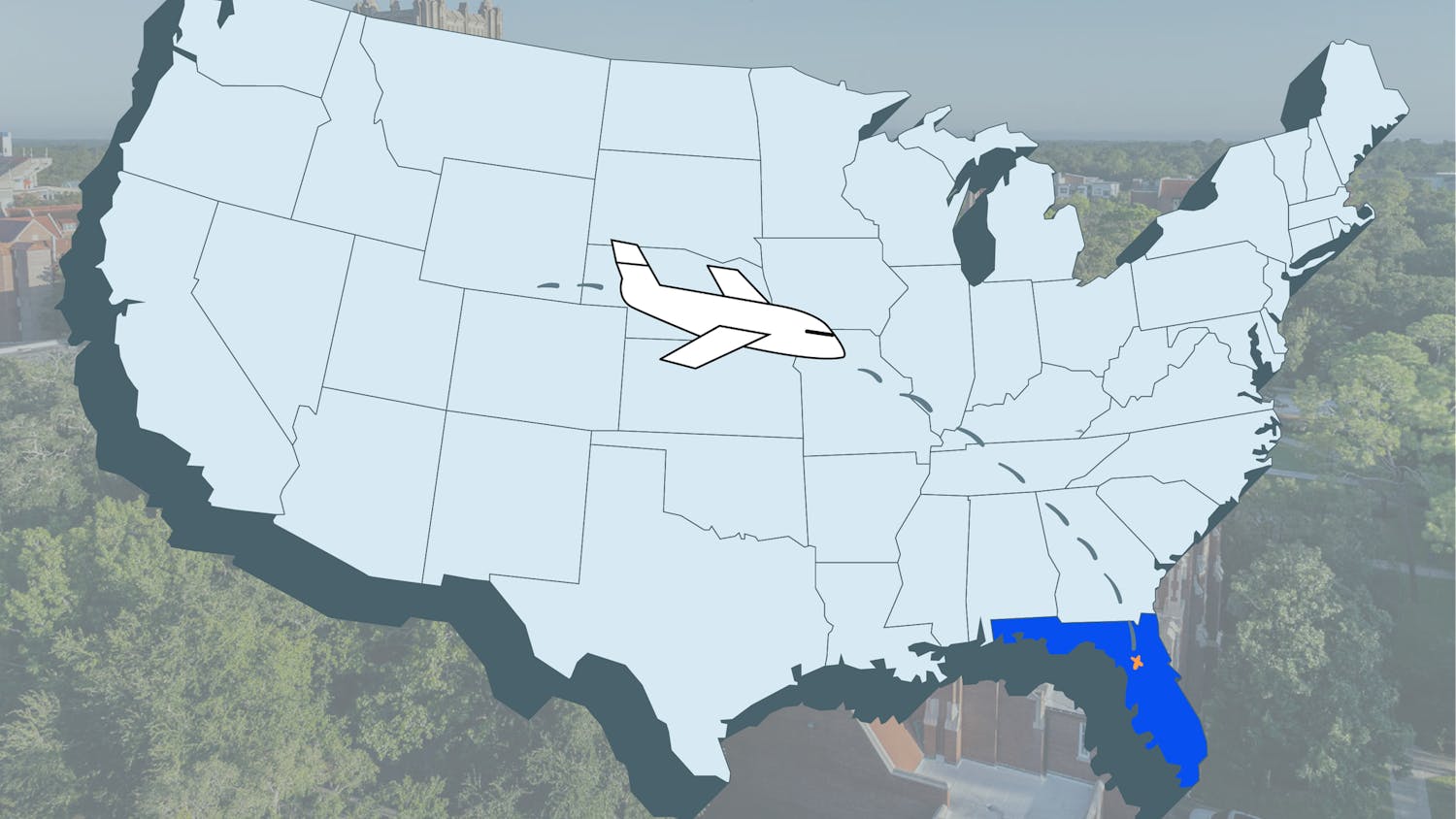With the impact of Hurricane Matthew becoming clearer each day, it’s evident Florida was spared the worst of it. It devastated Haiti. While students at UF hoped for the hurricane to cancel class and delay their exams, Haiti was washed out by the hurricane.
Now more than ever, in light of such tragedy, people feel moved to help even though they’ll likely forget this feeling in a few months. However, in their rush to provide assistance, they might not think about how they’re helping.
It’s important to think critically about who you support. Unfortunately, this isn’t the first time Haiti has
faced a devastating natural disaster. Because of this, it’s easy to tell which organizations will actually make a difference by looking at how they behaved last time. According to ProPublica, even though the American Red Cross is the “charity of choice” for many Americans, it turns out that after the devastating 2010 Haiti earthquake, the organization raised half a billion dollars but only built six homes.
Some might think it’s just easier to send old clothes. However, this could negatively impact the local economy. According to human rights activist Mariah Griffin-Angus, “A significant reason why countries like Uganda, Nigeria and Haiti lag behind developed countries is because of a combination of a lack of infrastructure and the difficulty in creating formal employment opportunities.” She suggests, instead, donating so clothes can be bought locally, which results in workers being paid and helps the country become more self-sufficient. Local clothing suppliers cannot compete with cheap donated clothing from people who think they are doing countries like Haiti a favor.
Students are susceptible to another kind of aid: voluntourism. The idea of being abroad and volunteering seems like a unique thing to put on a resume, and thus voluntourism agencies are a constant presence at UF. They ask to plug their efforts in classrooms — and professors let them, without actually thinking about the consequences of voluntourism on the communities they profess to help.
The presence of foreign (mostly white) volunteers can negatively affect a country’s economy. According to a 2014 report from SAGE Publications, the voluntourism industry is worth $173 billion annually, and volunteers expose their privilege by sharing selfies with the local children. While voluntourism agencies might claim the experience is life changing, it’s more accurate to call it profile-picture-changing. At the end of the day, the agencies and the volunteers benefit in the form of profits and “cute” pictures, while the populations of the countries suffer after being roped into a dependent relationship with the volunteers.
Since these volunteers might only be there for a few weeks, efforts are focused on short-term solutions. Parents might be encouraged to send their kids to orphanages where they will be provided for rather than developing the means to care for their children themselves, according to a 2010 Human Sciences Research Council report.
Because it creates dependency, voluntourism is essentially encouraging a new form of colonialism.
Don’t let this discourage your impulse to help. There are Haitian-led efforts that are worth contributing to and foreign NGOs that help — Haiti Communitere and Partners in Health are some good examples. Those who are thinking of donating money to a charity need to consider where the money is going and the charity’s track record of maintaining sustainable development.
It’s important to think about what a community needs before assuming you know what it needs. What one might think helps a community could inadvertently hurt it. This is one of those cases in which intention doesn’t matter — only the effect does. Support sustainable efforts that aren’t just there for the cameras. Rather than benefiting off of Haiti’s misery, encourage a long-term effort that will actually make a difference.
Nicole Dan is a UF political science junior. Her column appears on Mondays.





